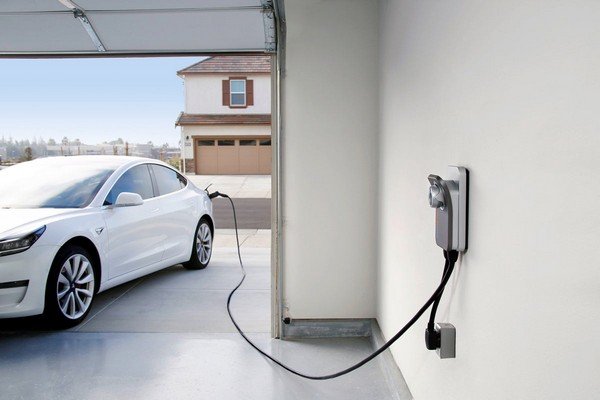As the world becomes more conscious of the environment, electric vehicles (EVs) are becoming increasingly popular. One of the biggest questions people have when considering an EV is whether it’s cheaper in the long run. While the initial cost of an EV can be higher than a traditional gas-powered vehicle, there are several factors to consider when determining the long-term cost savings.
Upfront Costs
The upfront cost of an EV is often higher than a gas-powered vehicle. This is due to the cost of the battery and other electric components. However, there are several incentives available to help offset the cost, such as federal tax credits and state rebates. Additionally, as EV technology becomes more commonplace, the price of EVs is expected to decrease.
Maintenance Costs
One of the biggest advantages of owning an EV is the lower maintenance costs. EVs have fewer moving parts than gas-powered vehicles, which means there are fewer components that can break down or wear out. EVs don’t require oil changes, spark plugs, or timing belts, which can save you hundreds or even thousands of dollars in maintenance costs over the life of the vehicle.
Charging Costs

The cost of charging an EV varies depending on the cost of electricity in your area and the efficiency of your vehicle. However, in general, the cost of charging an EV is significantly lower than the cost of filling up a gas tank. According to the U.S. Department of Energy, the average cost of electricity in the United States is around 13 cents per kilowatt-hour (kWh). If your EV gets 4 miles per kWh, that means you’re paying around 3.25 cents per mile. By contrast, the average cost of gas in the United States is around $2.50 per gallon. If your gas-powered vehicle gets 25 miles per gallon, that means you’re paying around 10 cents per mile. Over the life of the vehicle, this can add up to significant savings.
Battery Replacement Costs
The battery in an EV is one of the most expensive components, and it will eventually need to be replaced. However, the cost of battery replacement is decreasing as technology improves. Additionally, many EV manufacturers offer warranties on their batteries, which can provide peace of mind and protect you from unexpected costs.
Resale Value
EVs have been shown to have higher resale values than traditional gas-powered vehicles. This is partially due to the lower maintenance costs and the longer lifespan of the vehicle. As EV technology continues to improve and become more commonplace, it’s likely that the resale value of EVs will continue to increase.
While the upfront cost of an EV can be higher than a gas-powered vehicle, the long-term cost savings can be significant. With lower maintenance costs, cheaper charging costs, and higher resale values, owning an EV can be a smart financial decision. Additionally, as technology improves and the price of EVs decreases, it’s likely that the cost savings will become even more pronounced.
- Upfront costs can be offset by incentives
- Lower maintenance costs
- Charging costs are significantly cheaper
- Battery replacement costs are decreasing
- Higher resale values

